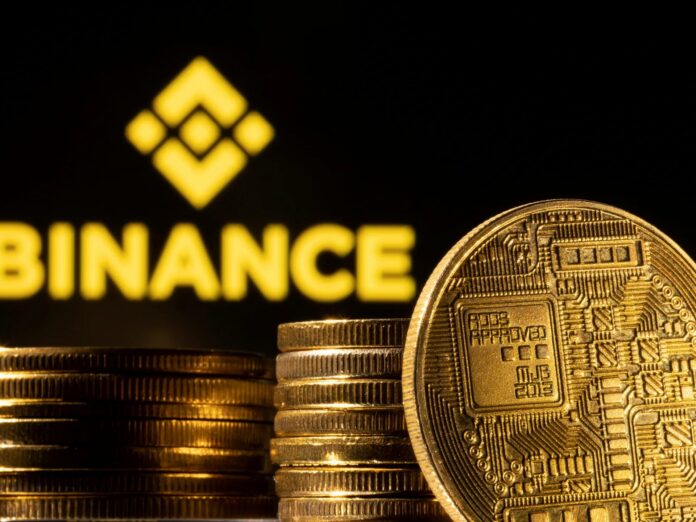Reports indicate that the Nigerian government is demanding a substantial sum of at least $10 billion from Binance amid heightened scrutiny of the cryptocurrency exchange and the devaluation of the nation’s currency, the naira.
Bayo Onanuga, special adviser on information and strategy to President Bola Tinubu, disclosed this during an interview with the BBC, alleging that Binance had profited from “illegal transactions” detrimental to Nigeria’s interests.
The Nigerian government has launched an investigation into Binance’s operations, led by the Office of the National Security Adviser and involving the Central Bank of Nigeria (CBN) along with other law enforcement and security agencies. This inquiry focuses on the exchange’s activities within the foreign exchange market.
In response to government pressure, Binance has taken action by removing the Nigerian naira from its peer-to-peer (P2P) service, a platform that enables users to trade cryptocurrencies directly without intermediaries. The popularity of this service surged in Nigeria in 2021 following the government’s ban on the country’s crypto industry.
The crackdown on cryptocurrency exchanges by the Nigerian government coincides with concerns about the rapid devaluation of the naira and the country’s alarming inflation rate, nearing a three-decade high. However, some local crypto analysts criticize the government’s approach, arguing that hostility towards cryptocurrencies will not address the nation’s financial challenges.
Binance has faced additional criticism for imposing restrictions on the selling price of Tether (USDT) tokens on its P2P platform, limiting traders from selling USDT above a certain price. The exchange clarified that this was due to an automatic system pause, refuting speculation from the local crypto community.
The ban on cryptocurrency operations in Nigeria was implemented during the administration of former President Muhammadu Buhari. The aim was to curb the swift depreciation of the naira and combat the country’s soaring inflation rate, which has surged to nearly 30%—a level not seen in almost three decades.




